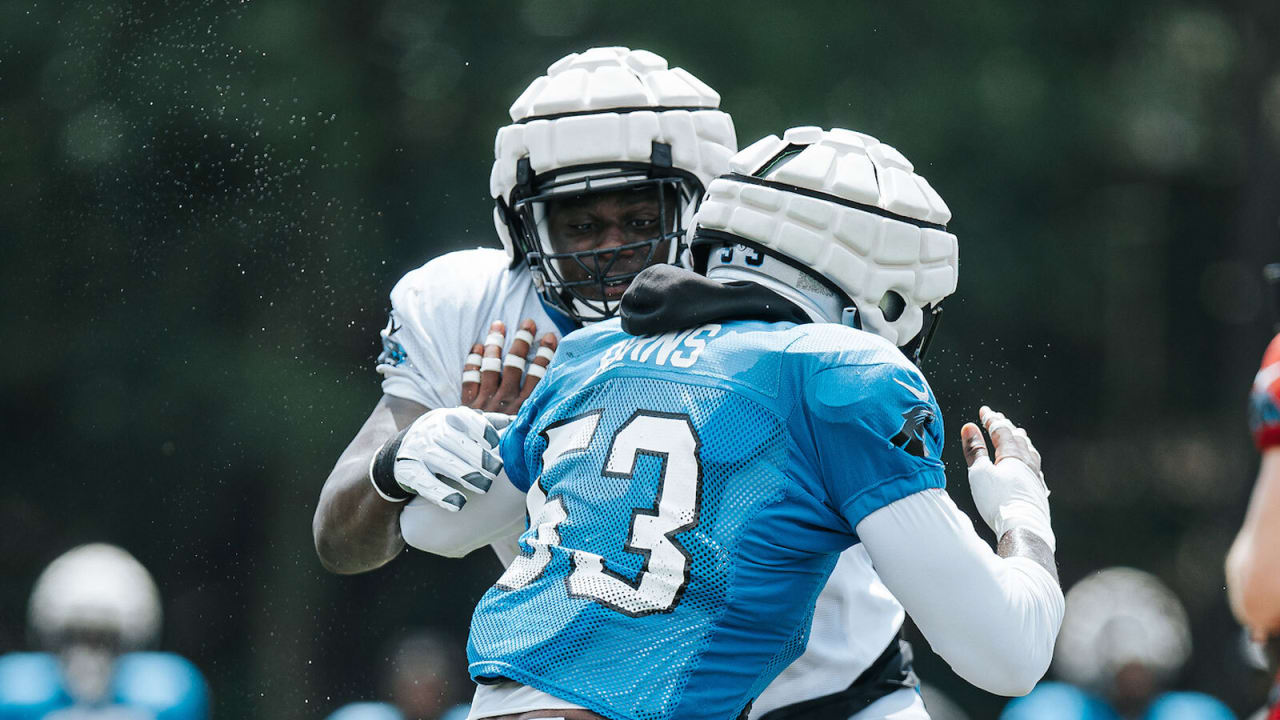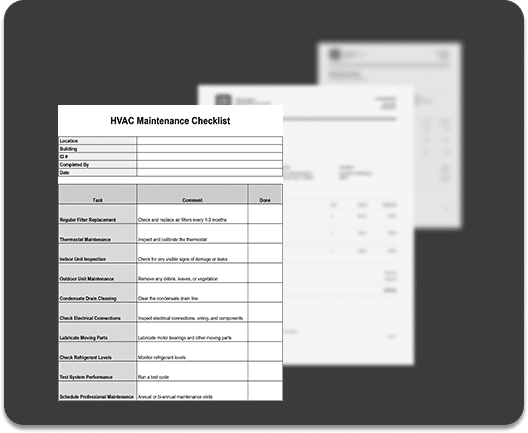Those pass-rush drills are an easy barometer, if not always a full and accurate way to describe the current conditions. And for Ekwonu as he learns, those drills against Burns are like the difference between weather and climate, a temporary condition that becomes part of a greater whole.
“For a tackle, it’s harder to win those reps than during a game, if you paint with a broad brush,” Gross said.
That’s the generally accepted consensus on one-on-one pass-rushing drills, which are designed to evaluate players in a vacuum. There’s no help from a guard. There’s no quarterback calling a screen. It’s you against the guy in front of you.
Campen, who played eight years in the league and has been coaching offensive linemen in the NFL for nearly two decades, does not accept that premise. He does not accept it in explicit terms, which we cannot reprint on a family website.
“I disagree with that,” he eventually says, after it is made clear the degree to which he disagrees. “I know the snap count, I know my set, I know the launch point of the quarterback; at worst, all I have to do is be a speed bump between the quarterback, and he can run over me. To me, if guys say that, it’s a cheap cop-out. I don’t see our defensive linemen, they’re not rushing to a B-gap, they’re not running from here to that line.
“To me, someone’s going to win, and someone’s going to lose, and you better be on the top half of that. Let’s face it, everybody can talk about twists and all this pressure and (stuff), but it’s a lineman’s ability to win his one-on-one block at the most crucial of times. That’s what wins games. At the end of the day, the players that are really, really good at pass-blocking, they win one-on-one.”
And while the scoreboard on those drills likely favors Burns right now the way it favored Peppers over Gross nearly 20 years ago, it is not lopsided now, nor was it then.
Veteran pass-rush specialist Don Johnson (39 years of coaching experience) agrees with Campen that his defensive linemen aren’t automatically at an advantage. And he’s seen signs from Ekwonu that suggest growth as well, which helps both players.
“Absolutely,” Johnson said. “Ickey will learn from the experienced guy, and Burns as a young guy, he doesn’t really know how Ickey maneuvers, so he’s got to respond to learn how to attack. That’s good for both of them.”
The contrast in styles is also evident. Burns trades in speed and technique, Ekwonu in power. When they work the inside run game in practice, you see the advantage tilt the other direction. But getting Ekwonu better at the stuff he’s not already good at has been the job this preseason.
Personalities come into play, too. Burns and Ekwonu both burn hot. Gross and Peppers were different by nature than these two, and as time passed, the work between them became less about the daily battle than the long war.
That’s not the stage these kids are at now.
“Burns is an aggressive guy, and Ickey’s obviously an aggressive guy, so I imagine those weren’t the brother-in-law reps we were getting in Pep’s eighth year and my seventh,” Gross said. “It’s probably slightly different.”
But the lessons are the same. And heading into the opener, the Panthers hope they’re learned as well as they were before.















